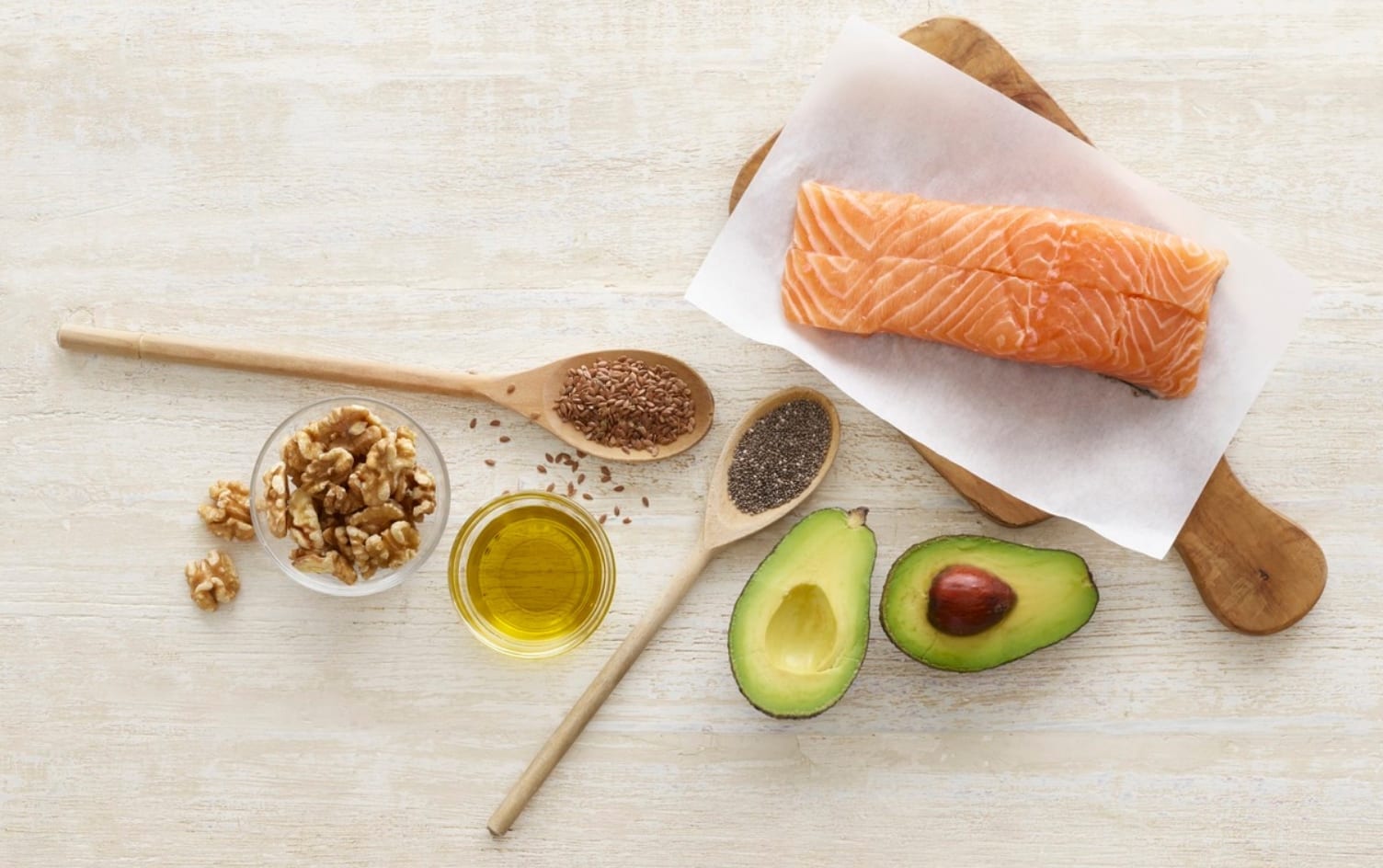Certain types of fish that are rich in omega-3 fatty acids, like salmon and sardines, have been shown to help boost weight loss. But new research shows omega-3’s are also an important nutrient for exercise recovery and reducing muscle soreness. Here’s how to reap the benefits and why you should consider adding a fish oil supplement to your routine:
THE SCIENCE
As part of the recent research, Jordan David Philpott, a PhD candidate at the University of Stirling followed soccer players for six weeks and found those who consumed a beverage containing fish oil experienced fewer aches and pains than those who did not receive omega-3 supplements. Philpott believes omega-3 fatty acids improve the integrity of cell membranes and help prevent the leakage of protein from the cells. “The stabilization of muscle cells could mean study participants experienced less muscle damage and therefore less muscle soreness,” he says.
More recent research similarly concludes omega-3 supplements could help reduce muscle loss. “When people undergo a period of muscle disuse [following recovery from surgery, for example], there is a significant loss of skeletal muscle mass and size,” explains Chris McGlory, PhD, study co-author and Diabetes Canada Research Fellow at McMaster University. “Omega-3’s may improve muscle protein synthesis that remodels muscle proteins,” he explains. Additionally, studies show omega-3’s can help reduce inflammation, another benefit for people who regularly partake in tough workouts.
HOW MUCH SHOULD YOU AIM FOR?
While foods rich in omega-3’s such as fatty fish, walnuts and flaxseed are certainly part of a healthy diet, McGlory admits it’s hard to get enough to mimic the rates of the essential fatty acid used in studies. “The doses that we use [in our studies] are high [5 grams per day] and only realistically achieved through supplementation,” he says.
THE BOTTOM LINE
Exercise recovery isn’t the only reason to consider eating more fish or adding a fish oil supplement to your diet. Omega-3’s have other health benefits including reducing the risk of breast cancer, improving heart health and cognitive function and lowering the risk of age-related macular degeneration. “[Omega-3’s] whether from supplementation or food, may be advantageous for all individuals, including athletes,” Philpott says. Still, you should “do your homework before choosing a supplement since they aren’t regulated by the FDA and could contain a minimal amount,” says McGory. It’s always a good idea to speak to a professional such as a doctor or nutritionist before adding a new supplement to your diet.




